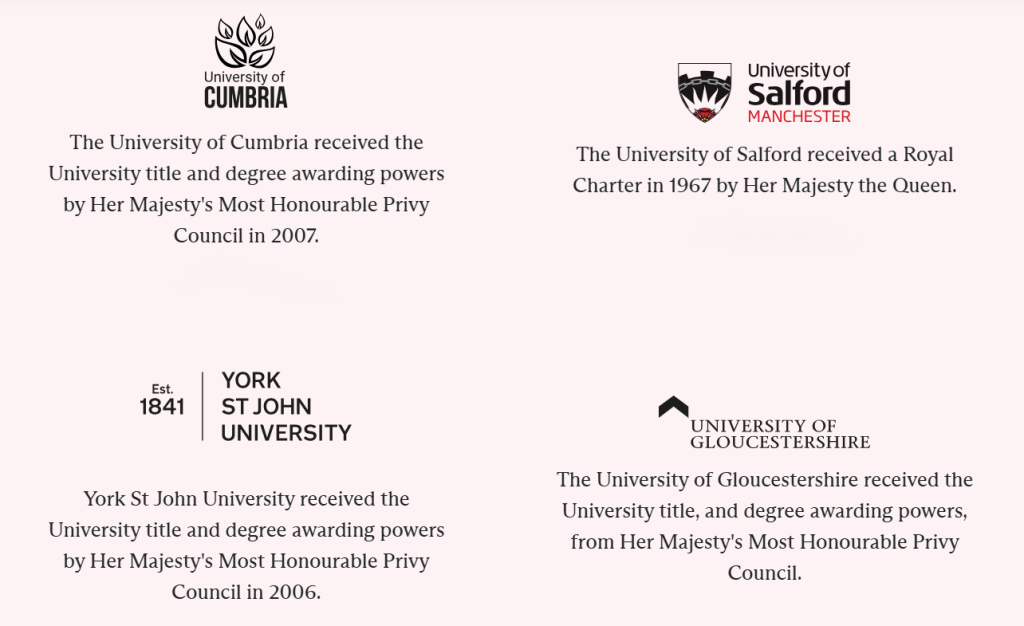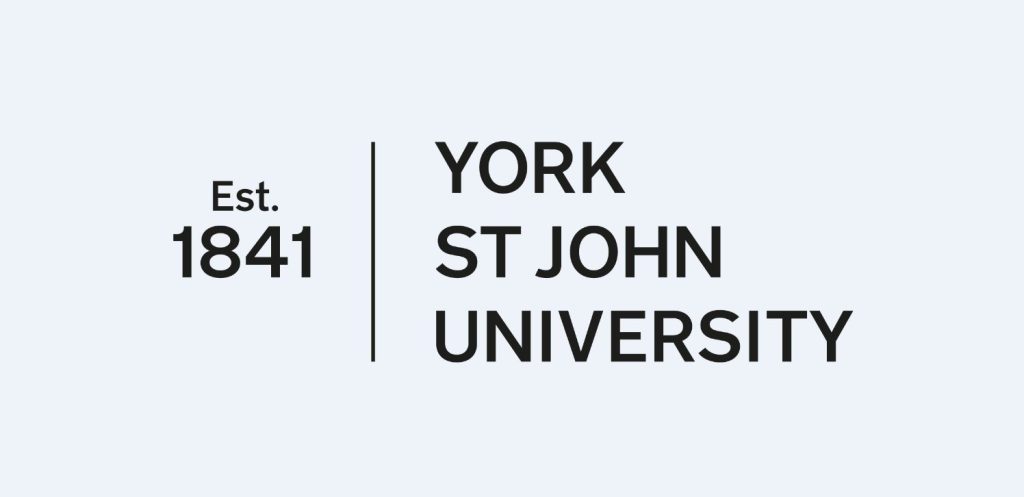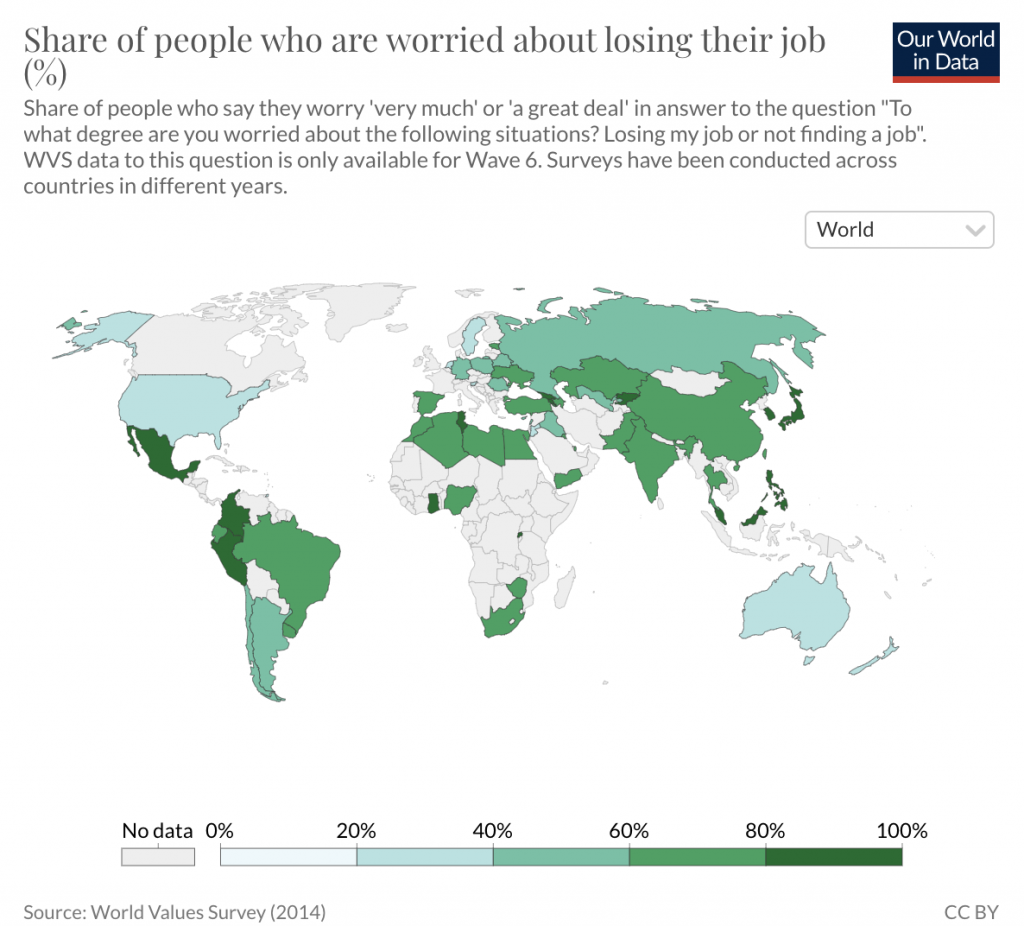
In today’s fast-paced digital era, online education is transforming how we learn and grow professionally. With programmes delivered through virtual classrooms, students no longer face geographical limitations when pursuing quality education. However, one of the biggest challenges in this evolving landscape is the art of networking—how do you build meaningful, lasting relationships when you’re not physically in the same room? At Robert Kennedy College (RKC), Switzerland, the answer lies in leveraging digital tools and platforms to create vibrant, interconnected learning communities. This blog explores actionable strategies for effective networking in a virtual learning environment and explains how RKC’s unique features and programmes foster these essential connections.
A Brief History of RKC and Its Global Influence
Founded in 1998, Robert Kennedy College has become a pioneer in the field of online higher education. With its headquarters in Freienbach, Switzerland, and an additional campus located in Zürich, RKC has established itself as a beacon of academic innovation. The college’s mission centres on delivering a globally competitive, Swiss-standard education that accommodates the modern lifestyle. Through its unique OnlineCampus platform, RKC connects students from over 150 countries, fostering an environment conducive to cultural exchange, innovative discussions, and professional networking.
RKC’s history is rich in academic excellence and international collaboration. By forming partnerships with reputable institutions such as the University of Cumbria, the University of Gloucestershire, and the University of Salford, the college ensures that its programmes are aligned with industry standards and academic rigour. These collaborations not only enhance the academic content but also expand opportunities for networking, mentorship, and real-world engagements. Programmes such as the MBA, MSc, PhD/DBA, BSc, BA, and LL.M. are designed not only as academic journeys but also as transformative experiences that equip students with both theoretical knowledge and practical insights.
Why Networking in a Virtual Classroom Matters

Networking is more than merely exchanging contact details—it involves building relationships that can catalyse career growth, foster collaboration, and unlock new opportunities. In traditional classrooms, networking can occur naturally through spontaneous interactions, casual conversations, and after-class meet-ups. However, the virtual classroom necessitates a proactive approach to achieve similar outcomes. Here’s why networking is so essential in the digital realm:
- Enhanced Career Opportunities: Cultivating a strong network of peers, faculty, and industry experts creates pathways to job opportunities, mentorship, and professional collaborations.
- Collaborative Learning and Innovation: Engaging with diverse minds fosters new perspectives, idea-sharing, and collaborative problem-solving.
- Long-Term Professional Relationships: The connections made in an academic environment can evolve into valuable, enduring professional relationships that extend well beyond graduation.
- Global Exposure: Virtual education transcends borders, offering an unparalleled platform to engage with a global community and appreciate various cultural perspectives.
At RKC, these networking advantages are an essential aspect of the learning experience. The college’s OnlineCampus and its diverse international student body foster an ecosystem that promotes continuous learning, offering opportunities for relationship-building.
Networking Strategies for the Virtual Classroom

(1) Active Participation in Online Discussions
One of the simplest yet most effective ways to network in an online environment is through active participation in discussion forums. RKC’s OnlineCampus is designed to facilitate debates and conversations on course topics, case studies, and current industry trends. This interactivity enables students to showcase their expertise, pose insightful questions, and connect with others who share similar interests.
Tip: Instead of merely responding to teacher prompts or course assignments, take the initiative to start conversations by posting your own questions or thought-provoking insights. This not only enhances your personal brand as a proactive learner but also contributes to establishing your credibility among peers and faculty alike.
(2) Maximising Group Projects and Collaborative Assignments
Many RKC programmes incorporate group projects that reflect real-world scenarios, encouraging students to collaborate on case studies, research projects, and simulated business challenges. These projects are not merely academic exercises; they serve as a microcosm of professional collaboration where each team member contributes a unique perspective.
Tip: Be the team player who not only contributes quality work but also takes the lead in organising virtual meetings, coordinating tasks, and facilitating clear communication. Your proactive approach in group assignments can foster enduring professional relationships and may even lead to future career collaborations.
(3) Engaging in Virtual Residencies and Face-to-Face Interactions
While online learning predominantly occurs in the digital space, RKC also offers optional residencies in Switzerland and the United Kingdom. These residencies provide valuable opportunities for students to meet their peers, faculty, and industry experts face-to-face, thereby strengthening the online relationships cultivated during coursework.
Tip: When attending a residency, prepare by researching fellow participants and the speakers. Use the face-to-face opportunity to discuss common interests, exchange ideas, and follow up with online interactions post-residency, which helps to cement a relationship over time.
(4) Expanding Your Circle on Professional Platforms like LinkedIn
In today’s interconnected world, your virtual classroom should extend well beyond the confines of your computer screen. Professional networking platforms, such as LinkedIn, are ideal for building a comprehensive network that encompasses classmates, alumni, faculty, and industry professionals. RKC often encourages students to connect on these platforms, thereby amplifying their professional reach.
Tip: After completing group assignments or significant projects, send a personalised LinkedIn invitation to your collaborators. Mention specific aspects of your shared experience to spark a conversation that can develop into a strong professional bond.
(5) Creating Study Groups and Peer Forums
Study groups are not only excellent for academic revision; they are also vital in building social connections. By forming peer-led study groups, students create an informal environment to share notes, collaborate on projects, and support one another through academic challenges.
Tip: Use communication tools such as Zoom, WhatsApp or Microsoft Teams to organise regular study sessions. Consistent interaction enhances your collaboration skills and can often lead to friendships that develop into professional networks over time.
How RKC’s Unique Environment Elevates Your Networking Experience

Robert Kennedy College goes beyond simply delivering course content—it fosters an environment where networking is a natural byproduct of academic life. Here’s how RKC stands out in promoting professional connections:
- Global and Diverse Student Community: With students from over 150 countries, RKC’s OnlineCampus offers an unparalleled multicultural setting. Each interaction presents an opportunity to learn from diverse perspectives and gain a deeper understanding of global business practices.
- Expert Faculty and Industry Professionals: RKC’s faculty members are not merely academic scholars; they are experienced professionals with extensive industry experience. Their active participation in forums and group discussions gives students direct access to invaluable real-world insights.
- Prestigious University Partnerships and Key Programmes: The college’s collaborations with renowned institutions, such as the University of Cumbria, the University of Gloucestershire, and the University of Salford, add significant value to its programmes. Whether you’re pursuing an MBA, MSc, PhD/DBA, BSc, BA, or LL.M., these partnerships enhance your learning experience by providing depth and industry relevance to your studies.
Networking in a virtual classroom may initially appear challenging, but with deliberate strategies and the right tools, it can become a powerful lever for professional success. At Robert Kennedy College, Switzerland, students are equipped not only with leading academic programmes and a world-class faculty but also with an innovative learning platform that promotes continuous engagement and relationship-building.
By actively engaging in online discussions, collaborating on projects, utilising professional platforms like LinkedIn, and maximising virtual residencies, you can cultivate relationships that endure for a lifetime. These connections are not merely academic—they are your gateway to career progression, mentorship, and a global network that will support and inspire you long after graduation.
In today’s increasingly interconnected world, effective networking in a virtual classroom is more than a skill—it’s a necessity. At Robert Kennedy College, the spirit of collaboration and global connectivity is woven into every aspect of the learning experience, ensuring you not only earn a degree but also build a future-proof network that propels your career forward.
Are you ready to harness the power of digital connections and transform your academic journey into a thriving professional network? Join RKC today and embark on an educational experience where meaningful connections are just a click away.










































